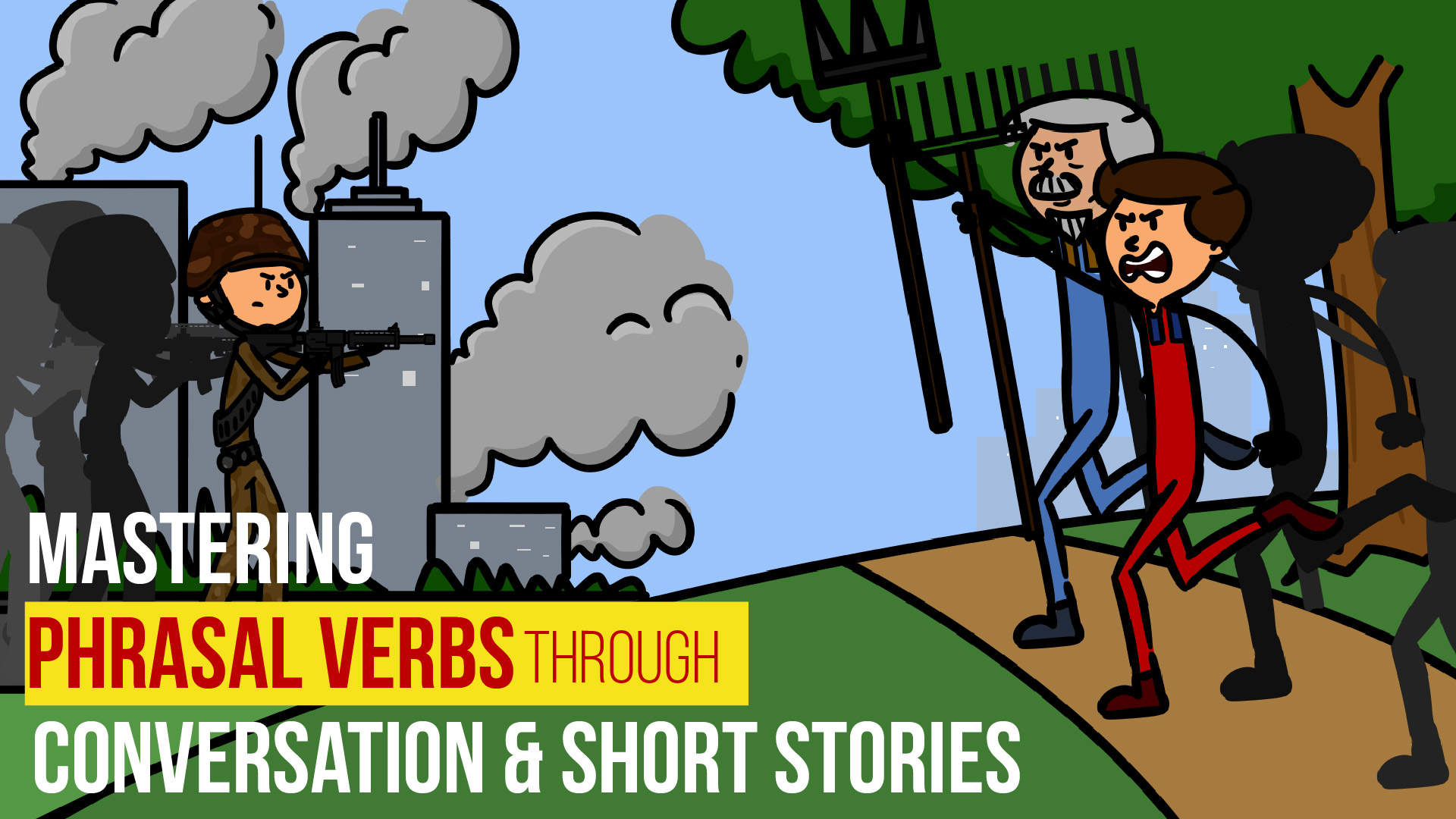1. to point out: to show, to indicate, to bring to one’s attention
- Ex: What important buildings did the tour guide point out to you?
- Ex: The teacher pointed out the mistakes in my composition.
- Ex: A friend pointed the famous actor out to me.
|
2. to be up: to expire, to be finished
- Ex: This idiom is used only with the word time as the subject.
- Ex: “The time is up,” the teacher said at the end of the test period.
- Ex: We have to leave the tennis court because our hour is up; some other people want to use it now.
|
| 3. to be over: to be finished, to end (also: to be through)
This idiom is used for activities and events.
- Ex: After the dance was over, we all went to a restaurant.
- Ex: The meeting was through ten minutes earlier than everyone expected.
|
4. on time: exactly at the correct time, punctually
- Ex: I thought that Margaret would arrive late, but she was right on time.
- Ex: Did you get to work on time this morning, or did rush hour traffic delay you?
|
5. in time to: before the time necessary to do something
- Ex: We entered the theater just in time to see the beginning of the movie.
- Ex: The truck was not able to stop in time to prevent an accident.
|
6. to get better, worse, etc.: to become better, worse, etc.
- Ex: Heather has been sick for a month, but now she is getting better.
- Ex: This medicine isn’t helping me. Instead of getting better, I’m getting worse.
|
| 7. to get sick, well, tired, busy, wet, etc.: to become sick, well, tired, busy, wet, etc.
This idiom consists of a combination of get and various adjectives.
- Ex: Gerald got sick last week and has been in bed since that time.
- Ex: Every afternoon I get very hungry, so I eat a snack.
|
| 8. had better: should, ought to, be advisable to
This idiom is most often used in contracted form (I’d better).
- Ex: I think you’d better speak to Mr. White right away about this matter.
- Ex: The doctor told the patient that he’d better go home and rest
|
9. would rather: prefer to (also: would just as soon)
- Ex: Would you rather have the appointment this Friday or next Monday?
- Ex: I would just as soon go for a walk as watch TV right now.
|
10. to all it a day/night: to stop working for the test of the day/night
- Ex: Herb tried to repair his car engine all morning before he called it a day and went fishing.
- Ex: We’ve been working hard on this project all evening; let’s call it a night.
|
11. To figure out: to solve, to find a solution; to understand
- Ex: How long did it take you to figure out the answer to the math problem?
- Ex: I was never able to figure it out.
|
| 12. to think of: to have a (good or bad) opinion of
This idiom is often used in the negative or with adjectives such as much and highly.
- Ex: I don’t think much of him as a baseball player; he’s a slow runner and a poor hitter.
- Ex: James thinks highly of his new boss, who is a kind and helpful person.
|





